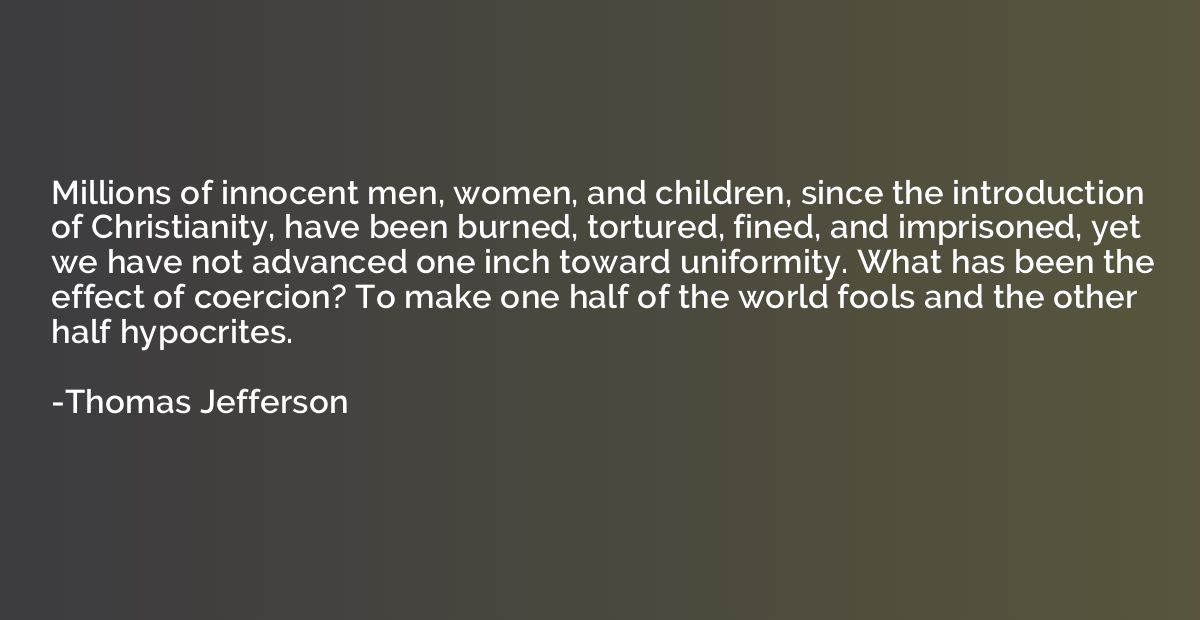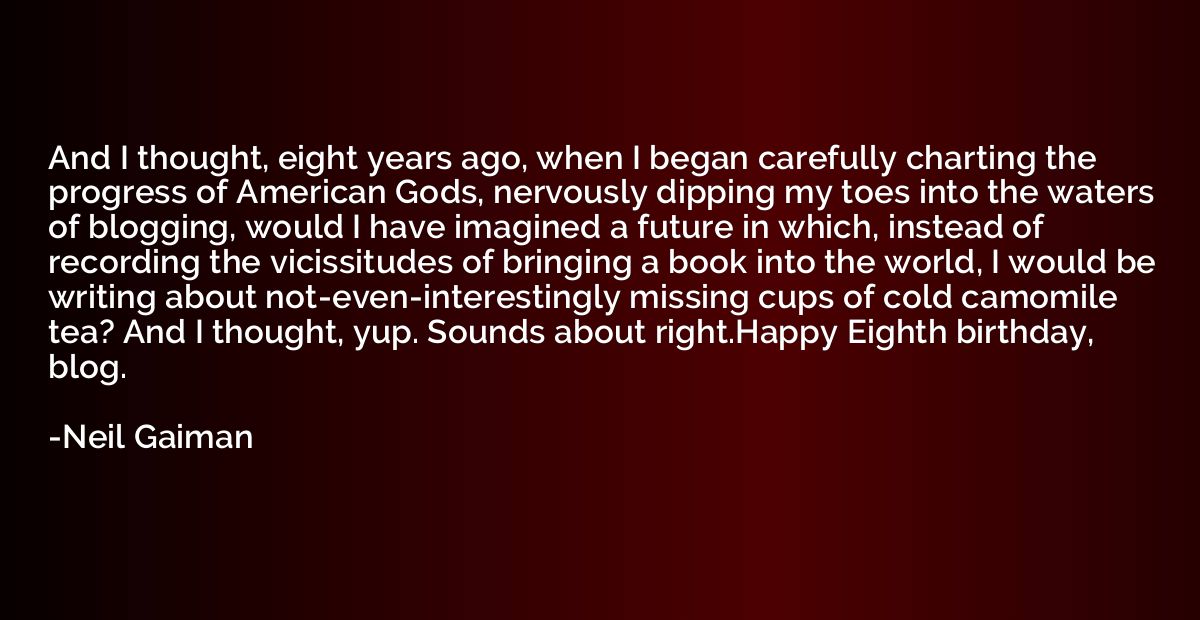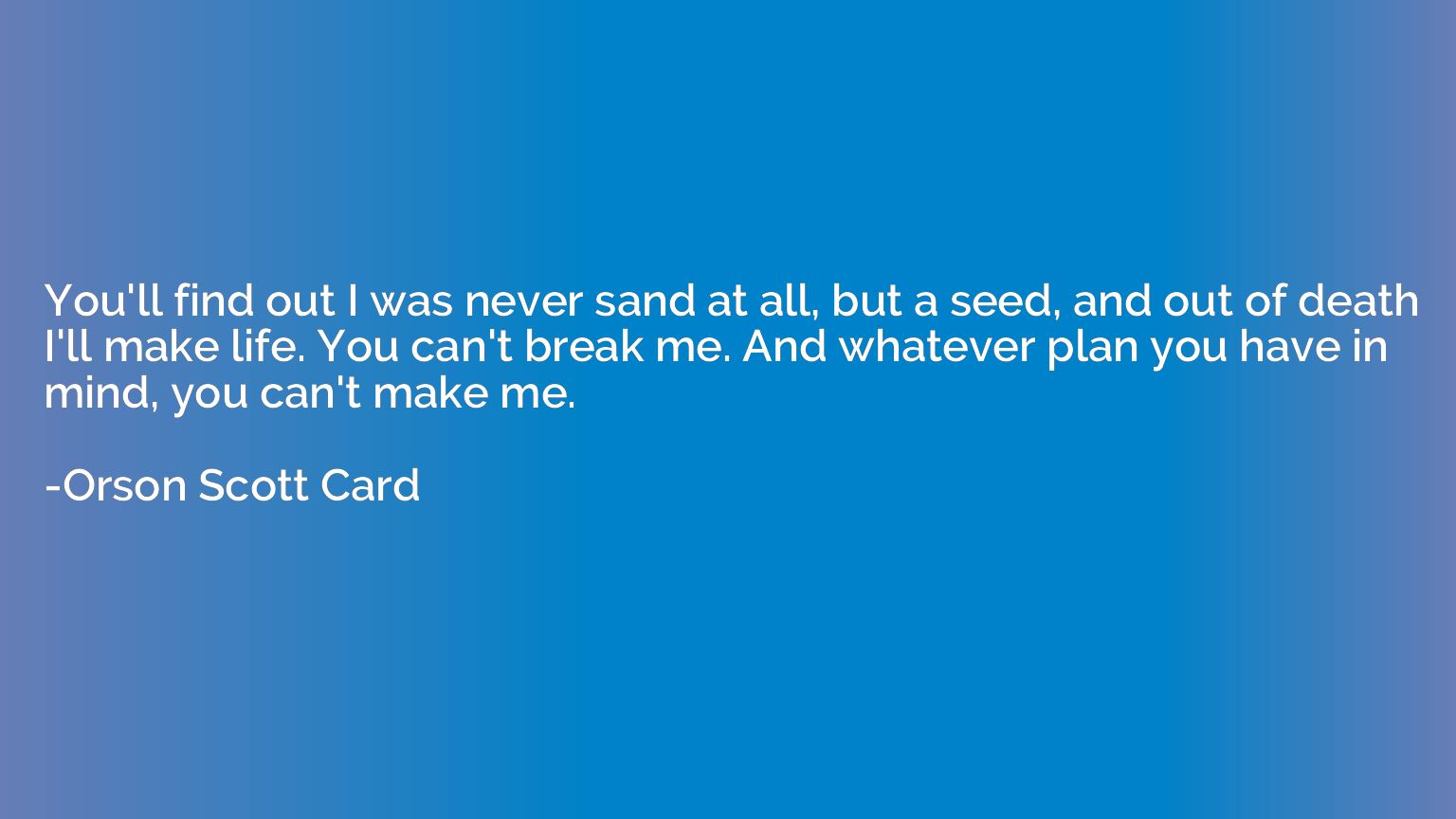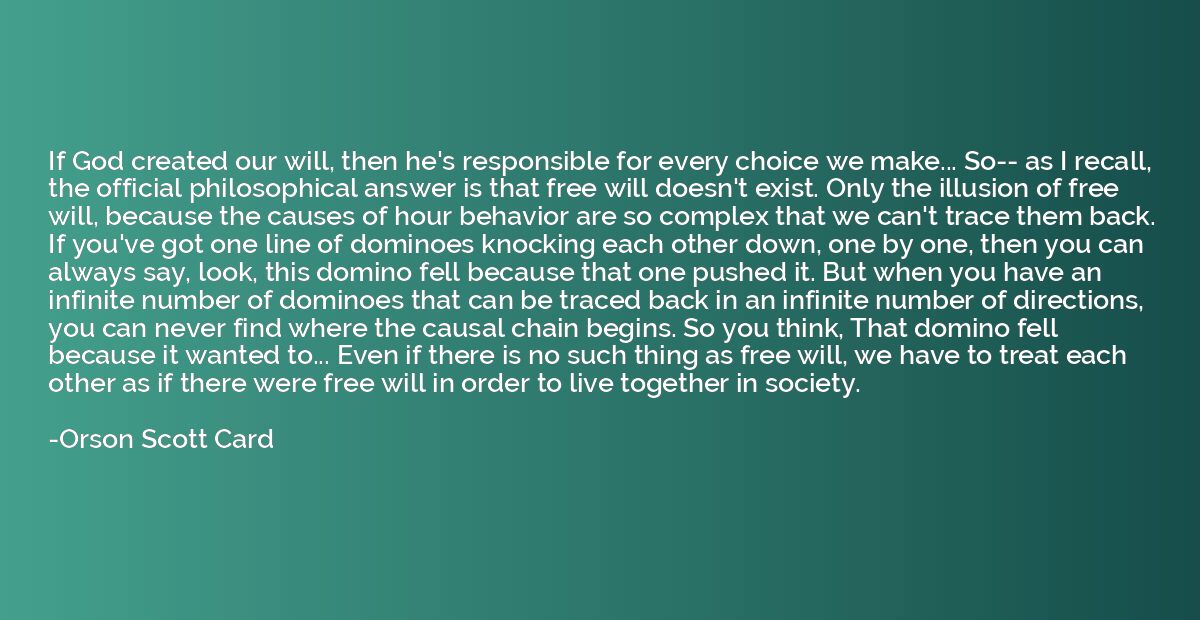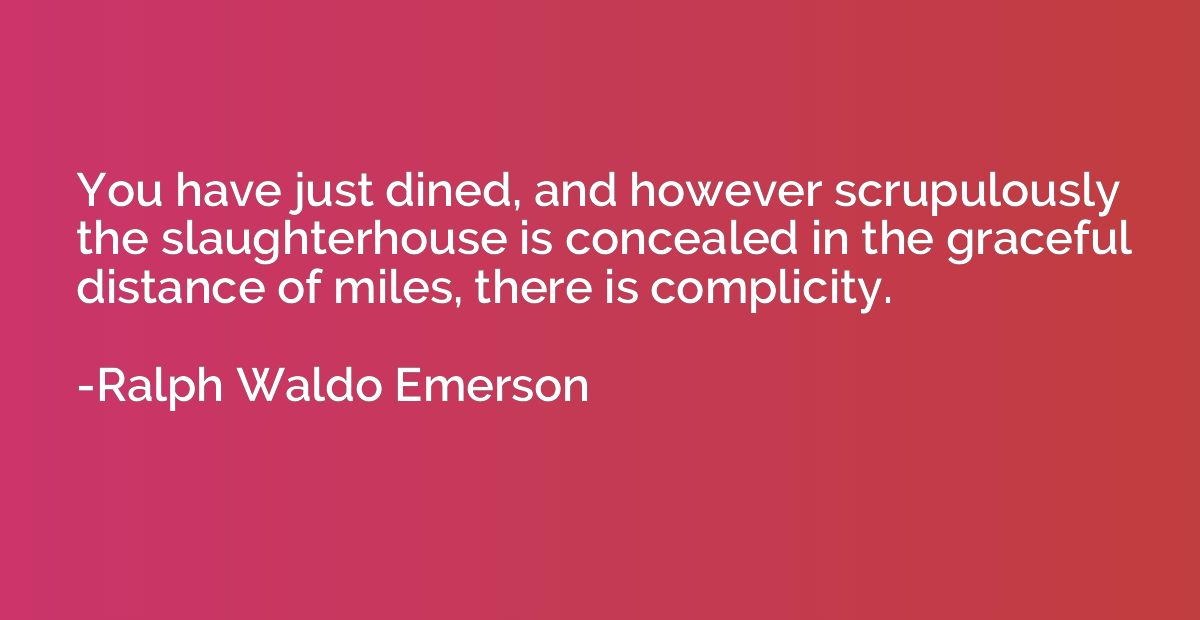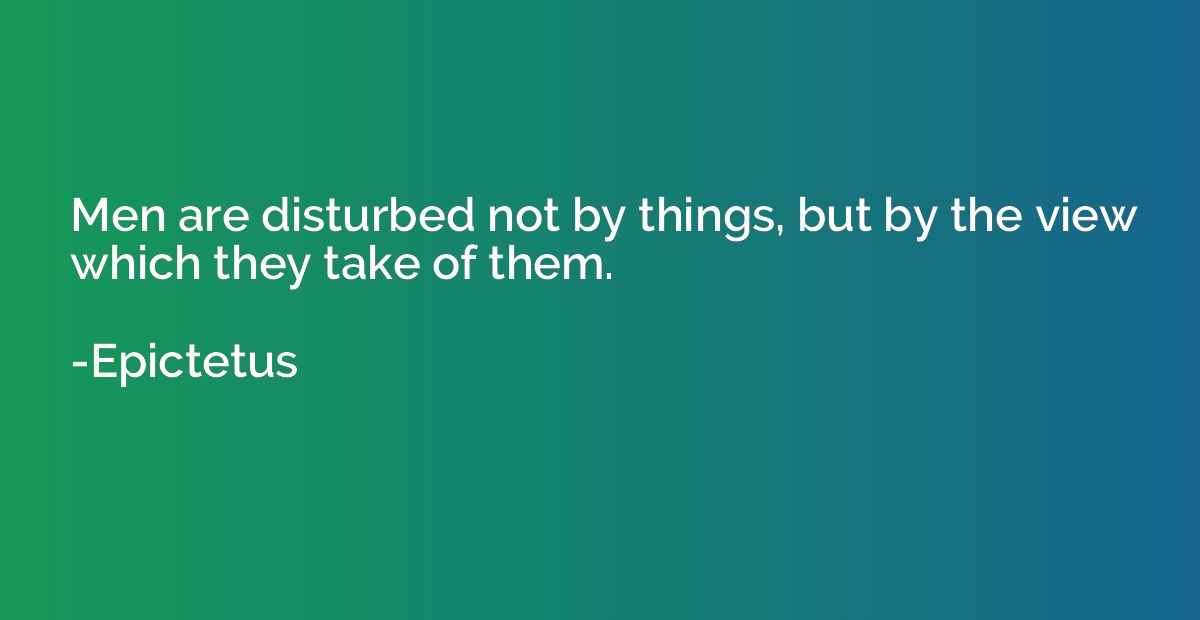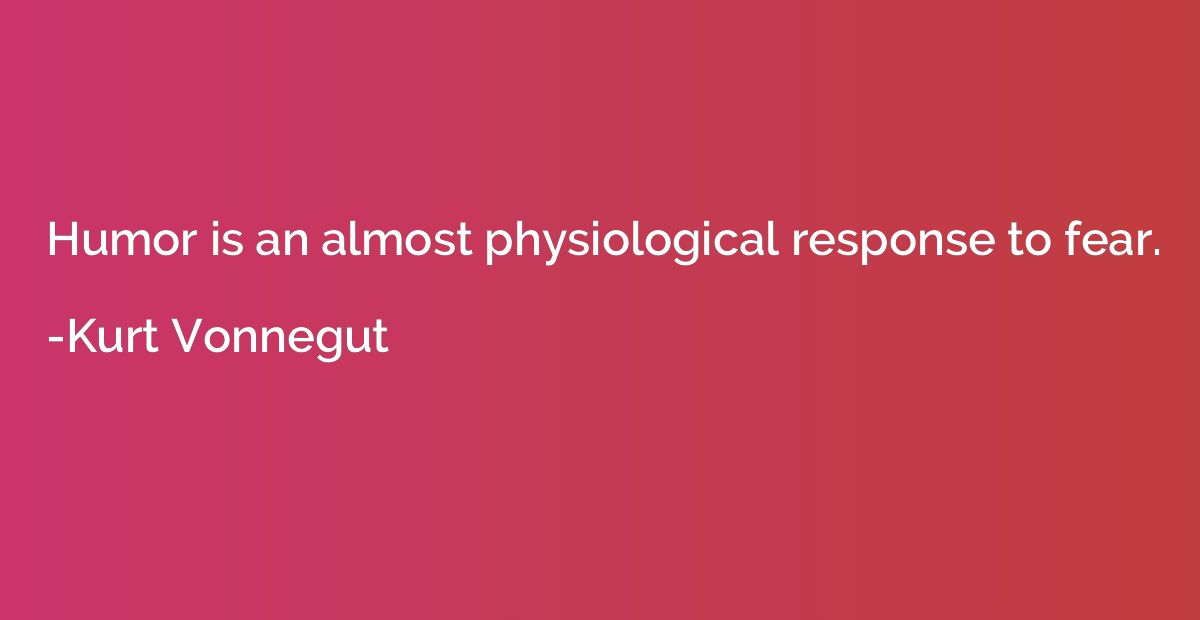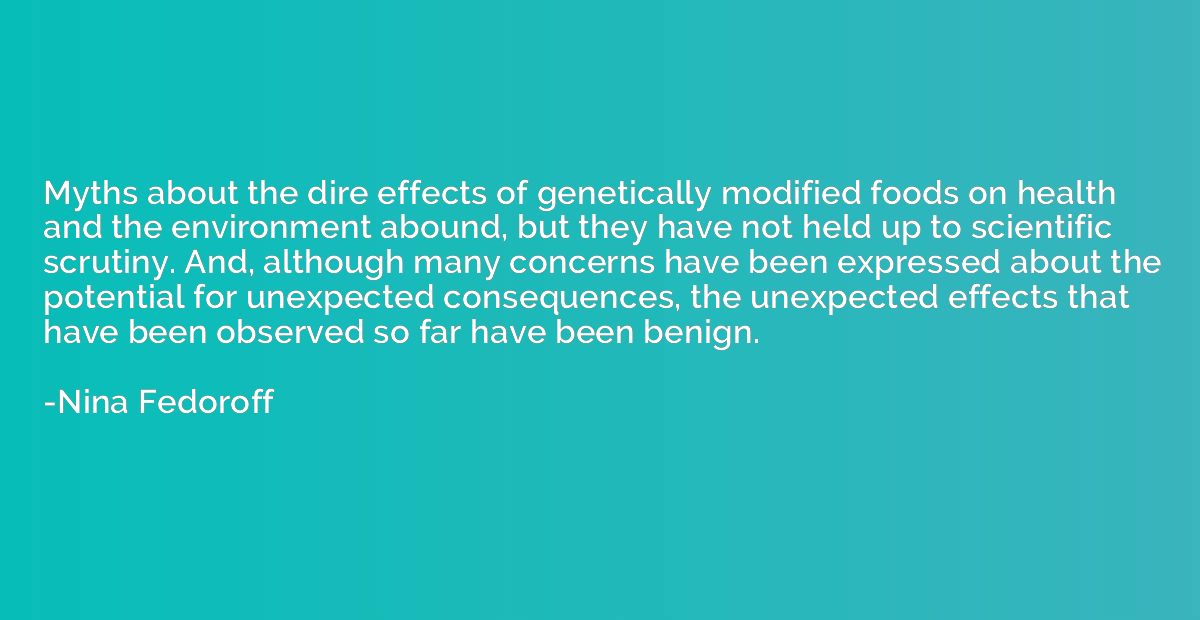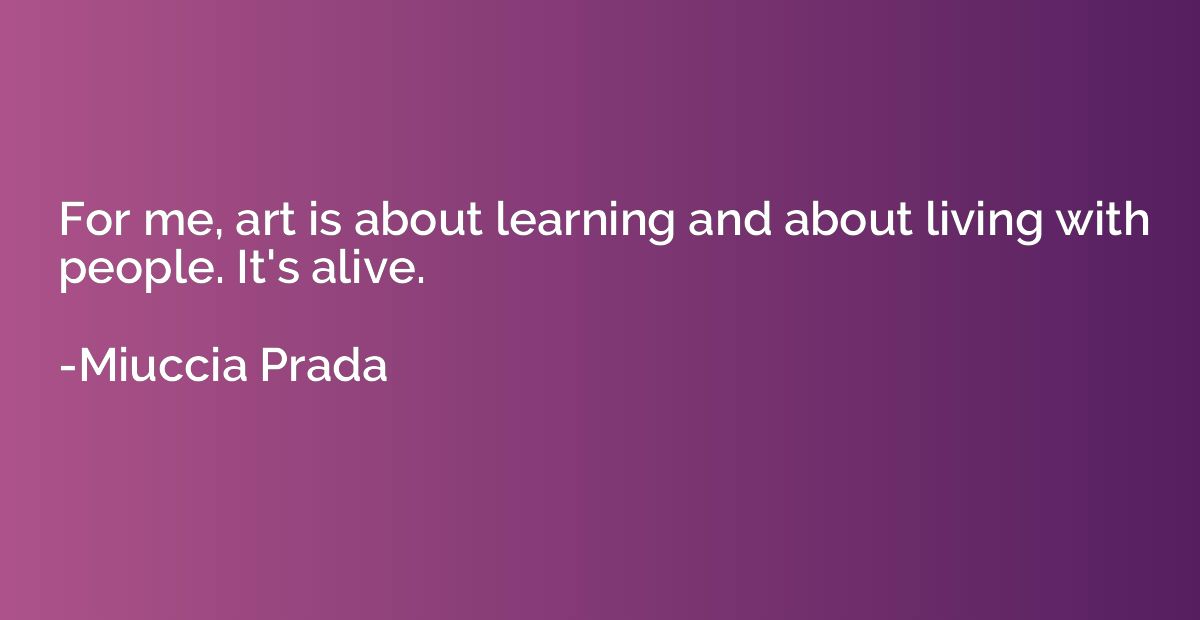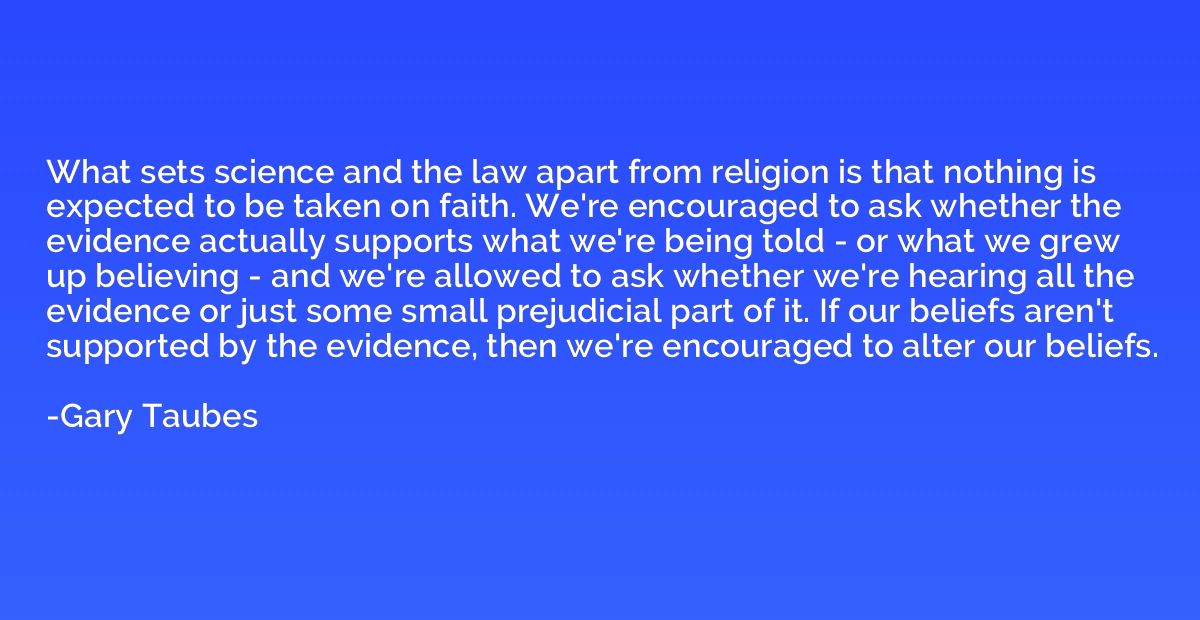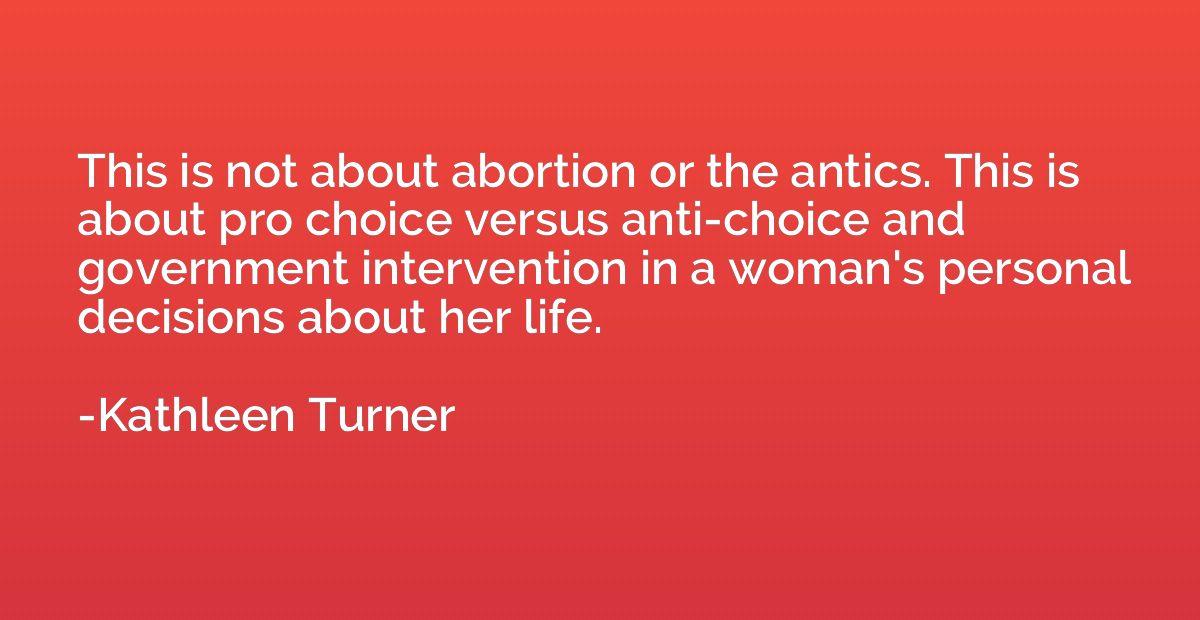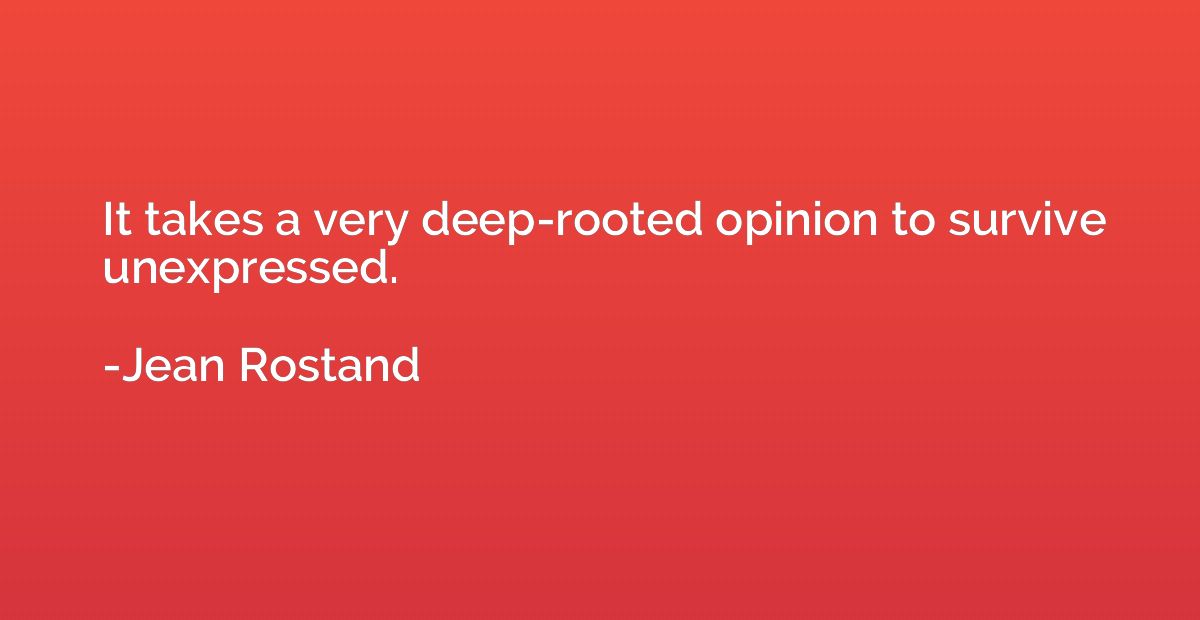Quote by Abraham Lincoln
There's no honorable way to kill, no gentle way to destroy. There is nothing good in war. Except its ending.
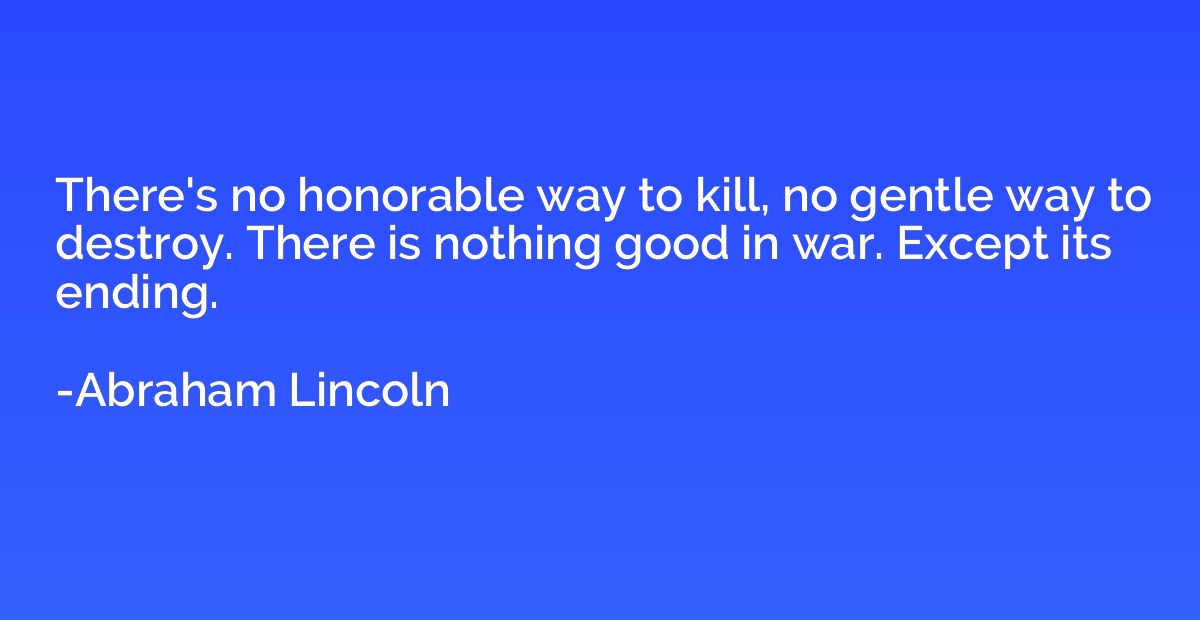
Summary
This quote reflects the idea that violence and warfare are inherently destructive and brutal, lacking any semblance of honor or goodness. It suggests that even though war might be unavoidable at times, there is no noble or gentle way to engage in it. The only positive aspect of war lies in the eventual cessation of hostilities, as peace brings an end to suffering and destruction. Overall, the quote portrays war as an undesirable and tragic occurrence with no inherent moral virtues.



